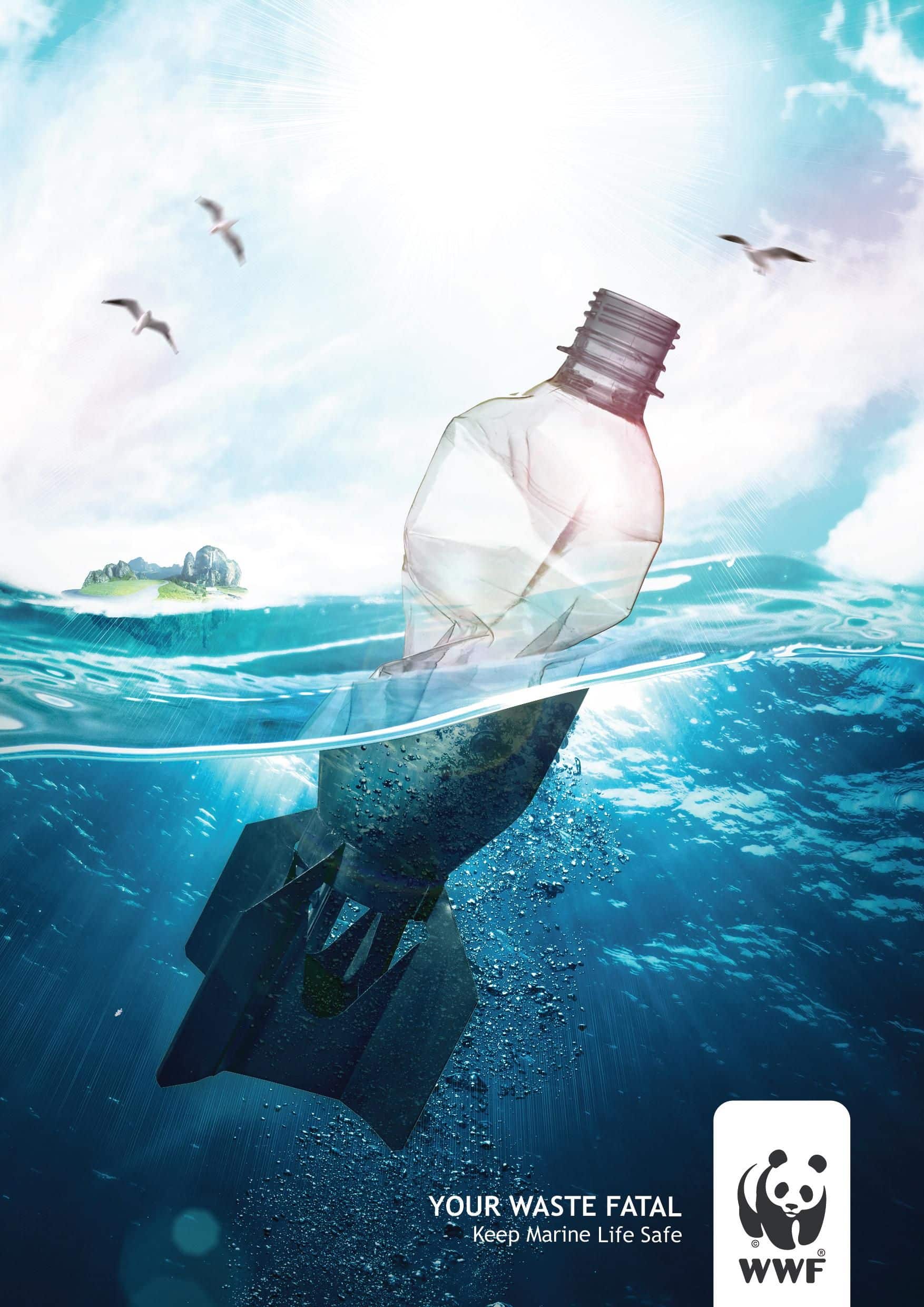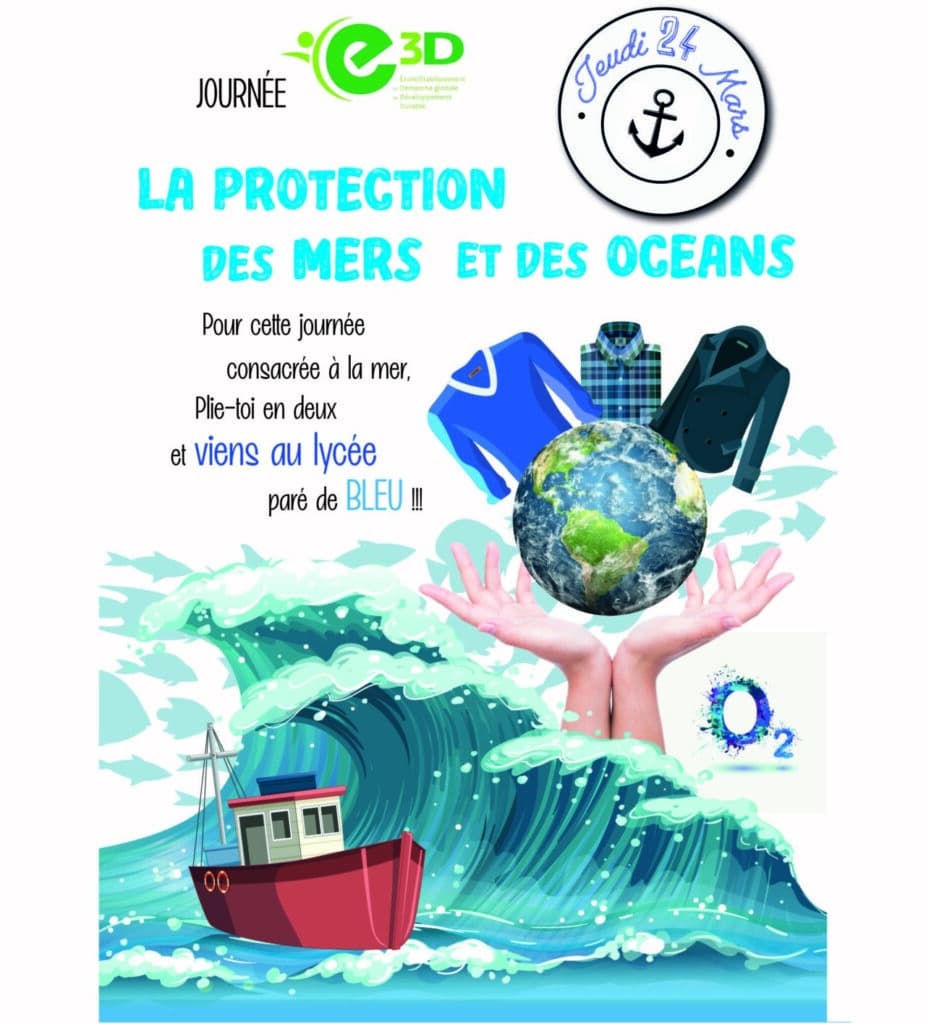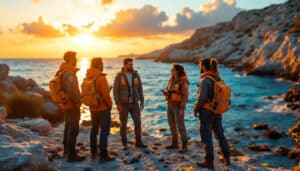Carl Gustaf Lundin, as Program Director Global Marine and Polar at IUCN, highlights the crucial importance of responsible management of our oceans. THE WWF, through its initiatives, is actively committed to protecting marine ecosystems by promoting creation of marine protected areas. Today, less than 1% oceans are currently being safeguarded, a worrying situation that requires immediate action. The WWF calls for a effective conservation marine habitats, thus supporting biodiversity and threatened species. Through its efforts, the organization aspires to transform our relationship with the sea and to promote a sustainable fishing to ensure a balanced future for the oceans.
|
IN BRIEF
|

Carl Gustaf Lundin is an emblematic figure in the field of marine and polar conservation. As Director of the Global Marine and Polar Program at IUCN, he devotes his career to protecting oceans and vulnerable ecosystems. With a degree in marine biology, he quickly understood the crucial importance of marine ecosystems for the regulation of global climate and biodiversity. It is in this context that he sought to raise awareness among the general public and decision-makers of the need to act against the threats weighing on the Arctic, a region particularly threatened by human activities, in particular maritime traffic and oil exploitation.
His commitment to conservation is not limited to the Arctic. Carl Gustaf Lundin expanded his efforts to other marine regions, becoming involved in the creation of marine protected areas. Less than 1% of our planet’s oceans have adequate protections, an alarming figure that Lundin is working to change. Its approach highlights the urgent need for better management of marine resources to avoid the collapse of marine ecosystems which are essential to the survival of many species, including humans.
The WWF, together with experts like Carl Gustaf Lundin, plays a key role in this fight. The organization not only provides technical assistance, but also seeks to promote sustainable and responsible practices in the fishing and aquaculture sector. WWF’s vision is to work towards a balance between protection of biodiversity and the growing need for marine resources for global food. Lundin is heavily involved in WWF programs aimed at transforming fishing practices, fostering sustainable aquaculture and encouraging an ethical blue economy.
Carl Gustaf Lundin knows full well that education is a fundamental pillar of ocean conservation. He calls for greater awareness of environmental issues, emphasizing that each individual has a role to play in protecting the seas. “Maritime Education” is a concept he passionately advocates, arguing that educated and aware generations are essential to preserving precious marine ecosystems. Raising awareness goes hand in hand with political actions leading to regulatory changes in favor of sustainable practices.
Another area of interest for Lundin is scientific research. Its fight for the preservation of the oceans is supported by data and studies which show the harmful effects of human activities on marine environments. It strives to bring together researchers and conservationists to shed scientific light on the current marine crisis, whether it is global warming, pollution or overfishing.
In short, Carl Gustaf Lundin is a determined leader in the fight to protect our oceans. Through its collaboration with WWF and other organizations, it works tirelessly to ensure a sustainable future for marine biodiversity and to promote economic models that respect ecosystems. His work highlights the importance of a collective commitment to the preservation of the blue planet, an urgent and essential task for future generations.
The preservation of the oceans is a crucial issue for our planet. In this context, Carl Gustaf Lundin, Director of the Global Marine and Polar program of theIUCN, underlines the extent to which the efforts of WWF (World Wide Fund for Nature) are essential. WWF plays a leading role in marine conservation, tackling threats such as pollution, overfishing and climate change. This article highlights key WWF initiatives and their impact on the protection of marine ecosystems.
Table of Contents
ToggleWWF marine conservation initiatives
THE WWF constitutes a fundamental pillar in the implementation of ocean conservation strategies. Through various projects, the organization works to create protected marine areas, thus strengthening biodiversity. Less than 1% of the oceans are currently covered by protected areas, an alarming situation that requires immediate action. WWF works to establish protected marine areas, preventing abusive exploitation and thus protecting vital ecosystems.
The fight against marine pollution
Marine pollution represents one of the most serious threats to the oceans. Plastic waste, chemical pollution and hydrocarbons endanger marine animals and their habitats. THE WWF is actively committed to raising public awareness and putting in place regulations to reduce this pollution. For example, the organization recently collaborated with theIUCN to promote initiatives to reduce the use of single-use plastics, a key factor in preserving marine ecosystems.
Promoting sustainable fishing
Another essential dimension of the commitment of WWF lies in the promotion of sustainable fishing. In order to restore the balance of marine ecosystems, it is imperative to fight against overfishing. WWF collaborates with various industry stakeholders to implement responsible fishing practices that preserve fish stocks while supporting the diverse livelihoods of coastal communities. Research and studies continue to be conducted to identify innovative and less invasive fishing methods.
The role of education and awareness
Educating the public about the importance of ocean conservation is a priority of the WWF. Through awareness campaigns and educational programs, the organization seeks to transform mindsets and encourage environmentally friendly behavior. WWF knows that to ensure a better future for our oceans, it is essential to involve younger generations. Maritime education is a key step in creating marine conservation champions.
Strategic partnerships for global impact
THE WWF establishes strategic partnerships with other organizations, governments and local communities to maximize its impact on marine conservation. These collaborations enable an exchange of knowledge and resources, strengthening efforts to make our oceans healthier. Carl Gustaf Lundin has often emphasized that collaboration is essential to overcoming the global challenges associated with ocean protection. These synergies are bearing fruit, allowing increased protection of marine biodiversity.
In a world where the oceans are threatened by pollution, climate change and the excessive exploitation of maritime resources, the commitment of Carl Gustaf Lundin and the WWF (World Wide Fund for Nature) is essential to guarantee the health of marine ecosystems. Their intervention is not limited to simple advocacy; it translates into tangible actions and innovative programs to protect marine biodiversity.
A strong voice for the oceans
Carl Gustaf Lundin, as Director of WWF’s Global Marine and Polar Program, plays a crucial role in raising awareness of ocean issues. Through its efforts, WWF has gained a global reputation for defending preservation of the oceans. Lundin has consistently highlighted the importance of this ecosystem in regulating the global climate, stating that “less than 1% of the oceans are currently protected,” a catastrophic situation that calls for immediate response.
Concrete initiatives for conservation
WWF’s mission goes far beyond simple awareness raising. Their programs include the creation of marine protected areas, essential for allowing ecosystems to regenerate. Lundin and his team work closely with governments, businesses and local communities to establish areas where marine biodiversity can thrive without the threats of overexploitation and pollution. This also includes the coordination of international initiatives aimed at reducing the environmental impacts of fishing, aquaculture, and navigation.
Education and awareness: a moral imperative
Awareness of ocean protection is another major axis of Lundin’s action. He believes that maritime education is key to transforming young people into champions of marine conservation. By integrating maritime education into school curricula, WWF hopes to inspire the next generation to care for ocean resources. This investment in education could have a long-term impact, transforming attitudes and behaviors towards the oceans.
Research and innovation
Carl Gustaf Lundin also makes a point of using the scientific research to guide conservation decisions. By encouraging technological innovation, WWF supports projects that use data to better understand marine ecosystems and the threats they face. For example, remote observation technologies can provide valuable information on the health of coral and fish populations, helping to optimize conservation efforts.
Conclusion: A call to action
Through the commitment of Carl Gustaf Lundin, the WWF asserts itself as a vital player in the fight for the preservation of the oceans. Its integrated approach, combining education, local action, scientific research and international collaboration, makes the difference. While time is running out to put effective measures in place, the message is clear: protecting the oceans is a collective responsibility to which everyone can contribute.









